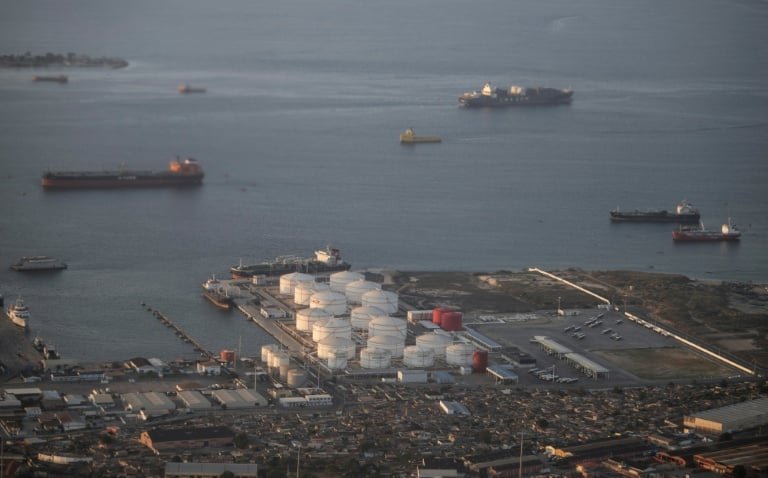Iraq has the potential to dramatically increase its gas output, according to Abdullah Al-Qadi, CEO of Crescent Petroleum. Speaking at the MEERi conference in Erbil, Al-Qadi projected that Iraq could raise production from current levels of 1,500 million standard cubic feet per day (MMSCFD) to 6,500 MMSCFD, with a possibility of reaching 8,000 MMSCFD.
Therefore, he emphasized that Iraq gas production is vital for ensuring a stable electricity supply. The country requires around 24,000 megawatts to meet growing energy demands, and expanding gas output would support this need. Al-Qadi described gas as a bridge fuel, essential for transitioning from oil to cleaner energy sources.
The Crescent Petroleum CEO highlighted Iraq’s strategic vision and recent progress in the Baghdad-Erbil oil export agreement through SOMO. He also praised joint efforts by federal and Kurdistan regional authorities, particularly in response to recent attacks on energy companies. These coordinated measures reinforce confidence in Iraq’s energy sector and its investment potential.
Al-Qadi stressed that reforms are necessary to maximize the benefits of Iraq gas production. He called for reducing bureaucracy and streamlining processes to attract more investors. For example, delays in material deliveries require creative solutions, similar to the recently implemented electronic visa system.
Furthermore, the CEO explained that investment in the gas sector, while challenging, offers substantial rewards for both the state and consumers. He described a “Win-Win-Win” scenario where the government, investors, and citizens all benefit from efficient energy production and management.
Analysts noted that expanding Iraq gas production could also enhance regional energy security and attract foreign investment. Increased output would stabilize electricity supply, support industrial growth, and create new economic opportunities.
Al-Qadi concluded by urging Iraq to maintain momentum in energy sector reforms. By simplifying regulations and promoting investor-friendly policies, the country can achieve sustainable growth, meet domestic energy needs, and strengthen its position in regional energy markets.


